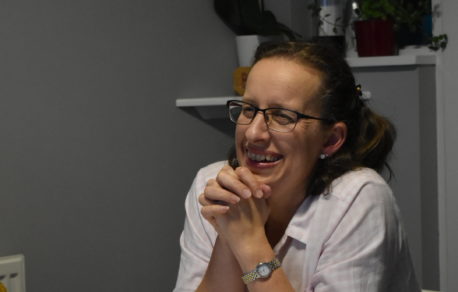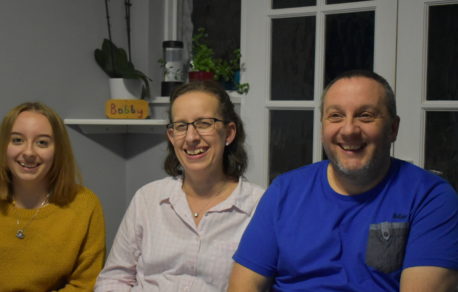
Considering your favourite charities in your will
Foothold’s Wills Month continues with a guest blog from legacy consultant Christine Reidy. Christine looks at why you might consider your favourite charity when writing your will.
The last few months have made us all really reflect on what is important in life, what makes us happy and what we really care about. It has been a really trying time, with much sadness for many. But it has also provided us the opportunity to really think about the life we want to live. We have seen the importance of community and looking after our neighbours increase to levels many have never experienced before. We have clapped for the NHS every Thursday and seen supermarket shelves stripped bare. The charities we care about have also faced many challenges. Increase in service demand, dramatic reduction in income and having to change, often dramatically, the way they work.
Thinking about our own mortality
In addition, due to the pandemic we have also all had to think of our own mortality. Many of us have realised that our life affairs are maybe not as they should be. During the first few weeks of lockdown, google searches of ‘how to write a will’ skyrocketed. And demand for will-writing rose by 30%, at a time when it became very hard to visit a solicitor.
Now, as solicitors are resuming face to face appointments and schemes such as Will-Aid take place, we can fill the need that lock-down highlighted and write or change our wills. When we do this there are many things we need to think about. Who will be our executors, who will receive our most valued possessions and money, how will we divide everything up? And another question many people are now asking is – are there any causes they would like to support with a gift too?
A gift to your favourite charities
There are many reasons why people give a gift in their will to their favourite charities. Perhaps it is a thank you for the impact that charity has had on their life: a gift to school or university for the career their education provided; a gift to the charity that worked to save a loved one; or a cause that works in an area that they grew up. Some gifts are given because they are grateful that they have never needed the services of that charity and are thankful for that. Some gifts are inspired by favourite memories: a gift to a children’s charity for the wonderful childhood they had; a gift to a woodland charity for the favourite walk they conserve; a gift to the church where they got married and worshiped at thereafter.
Perhaps because they have always supported the cause and they believe passionately in the work the charity does and want to see it continue in the future. And for some, they might want to be remembered through their gift: the sponsoring of a building or course; the naming of a boat or award. So many reasons and all are personal and individual to the person making the gift.
The last gifts we will make
To me, gifts in wills are a lovely way to give. They are the last gift we will make to both our family and friends and to charity. But they live on after we do not and they tell people about us when we can’t. For many people they are the largest gifts they will ever make – yet they cost the giver nothing. And yet they have so much impact. Gifts in wills to UK charities now amount to over £3billion pounds a year and for many charities they fund a large amount of their work, work that simply wouldn’t happen without gifts in wills. To me that is some legacy.
If you are someone who has realised you need to write or update your will, could you consider a gift to a cause you feel passionately about, for whatever reason? I certainly will, if you pardon the pun!
If you’re interested in making a Will and leaving a gift to Foothold, we’d love to hear from you. You can find out more about it here or get in touch with our Fundraising and Comms Manager Fliss at [email protected].



